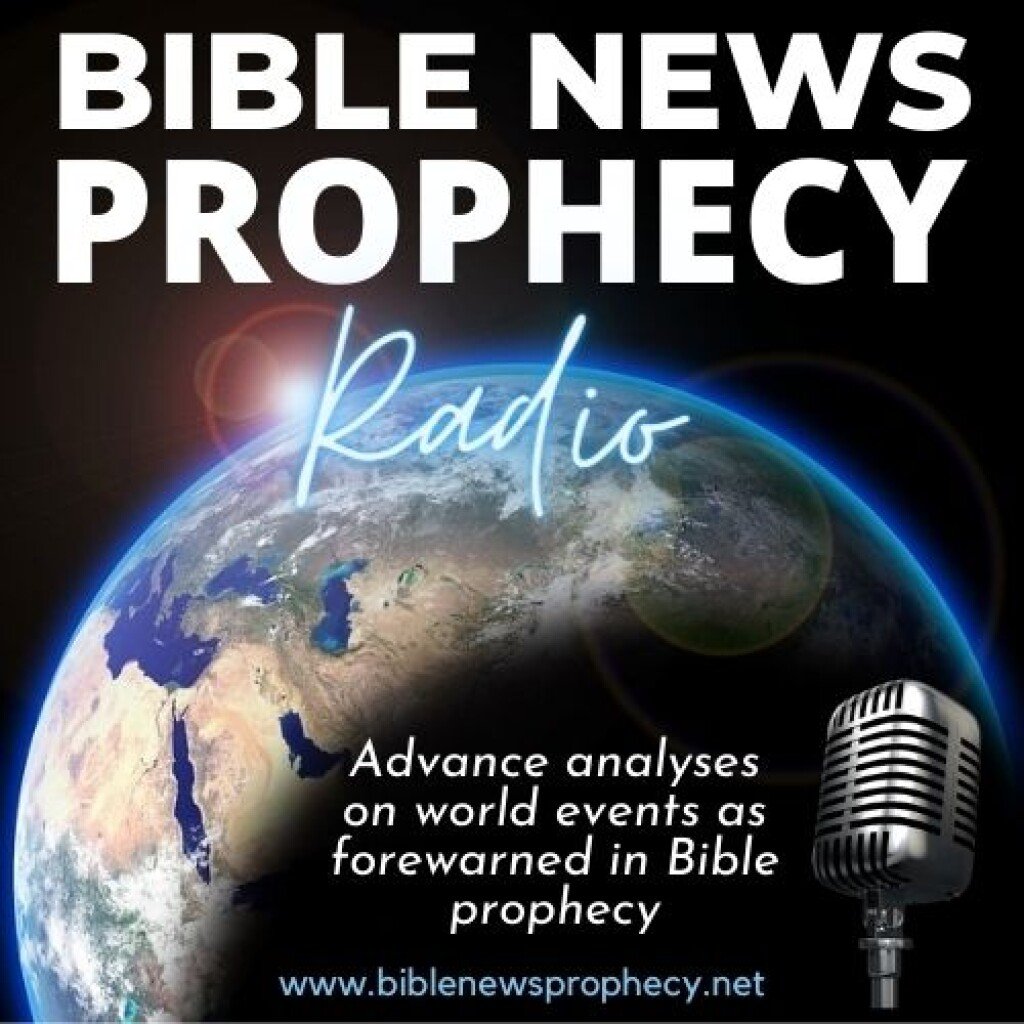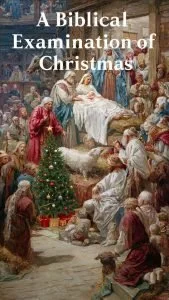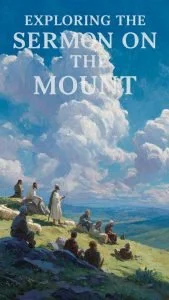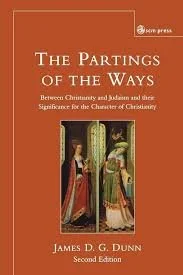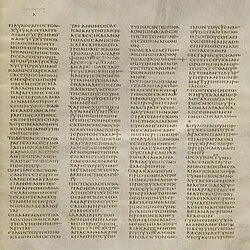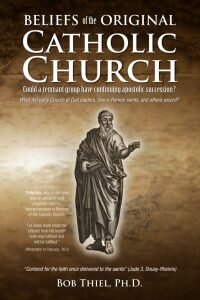
This sermon is part of a series on the beliefs of the original catholic church. What does the Bible teach regarding the word of God and tradition? Is that consistent with what early Christian leaders like Polycarp and Melito taught? Did Irenaeus warn that some claimed scriptures were not clear enough, and instead tradition should be followed? Did early Christians keep the biblical holy days that many now consider to be Jewish? What about Passover, the Days of Unleavened Bread, Pentecost, Trumpets, Atonement, Tabernacles, and the Great Day of the Feast? What did the Greco-Roman saint and bishop Methodius of Olympus teach about the necessity of keeping the Feast of Tabernacles? Was apocatastasis an original catholic teaching? Will a God of love, the God of salvation, offer salvation to all: either in this age or the age to come? What are the biblical titles for church leaders? Are they still being used in the Continuing Church of God today? What about pagan titles? Did Jesus and early Christians keep the Ten Commandments? Are they to be kept today? Did early Christian leaders dress like lay people? Did the Greco-Romans change after Emperor Constantine? Was Mithras a chaste deity? Were early Christian leaders celibate? What do the Bible and early writings demonstrate? Did the Greco-Roman churches change on this? Is a tonsure appropriate for Christian leaders? Dr. Thiel addresses these issues and more from the Bible and historical records and explains who still holds to the beliefs of the original catholic church today.
A related, free online, book is available titled: Beliefs of the Original Catholic Church
Sermon Series related to the book above:

